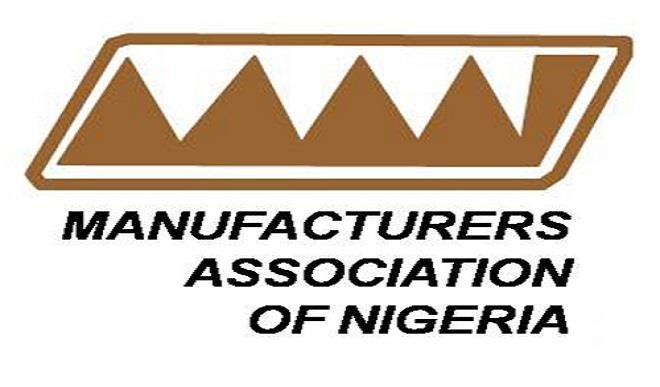Unsold goods hit N1.24trn in first half of 2024 – MAN
The value of unsold finished goods inventory has surged by 42.93 percentage points in the first half of 2024, reaching 1.24 trillion against 869.37 billion recorded at the close of 2023, the Manufacturers Association of Nigeria (MAN) has disclosed. The association also hinted that manufacturers incurred more than 730 billion in capital expenses within the […]

Manufacturers Association of Nigeria MAN
The value of unsold finished goods inventory has surged by 42.93 percentage points in the first half of 2024, reaching 1.24 trillion against 869.37 billion recorded at the close of 2023, the Manufacturers Association of Nigeria (MAN) has disclosed.
The association also hinted that manufacturers incurred more than 730 billion in capital expenses within the period.
MAN in a statement signed by the Director General, Segun Ajayi-Kadir, blamed the developments on the continuous rise in interest rates imposed by commercial banks.
The association was reacting to the increase of interest rate at the 297th meeting of the Monetary Policy Committee (MPC) of the Central Bank of Nigeria (CBN) held on September 23-24, 2024.
- Obaseki kicks as Shaibu inspects projects as Deputy Governor
- LP registered 22m voters in northwest – Obidient movement
According to MAN, the decision to raise the MPR to 27.25% has far-reaching implications for the manufacturing sector in Nigeria.
Ajayi-Kadir pointed out that the continued increase in interest rates, which now totals 15.75 percentage points since May 2022, would compound the challenges faced by the sector, including rising production costs in the face of declining consumer purchasing power.
“With the increase in borrowing costs, manufacturers will now pay over 35% on their credit facilities. Clearly, this will lead to increase in production costs, higher prices of finished goods, lower competitiveness and production capacity expansion. The impact of higher interest rates goes beyond compounding the challenges of manufacturers, it stifles opportunities for investment in crucial areas such as technology, retooling, and expansion within the manufacturing sector.
“Manufacturers will, all the more, be compelled to choose servicing existing credit facilities over expansion and investment in new product lines. For instance, over the first six months of the year, manufacturers incurred more than 730 billion in capital expenses due to the continuous rise in interest rates imposed by commercial banks,” he said.
He said data from the first half of the economic review published by MAN revealed a troubling trend, saying “The value of unsold finished goods inventory surged by 42.93 percentage points, reaching 1.24 trillion compared to 869.37 billion at the close of 2023.”
The DG said the growing stockpile of unsold products “underscores the difficulties manufacturers face in a weakening market.”
“In broad terms, MAN is worried about the implications of the continuous rate hikes on the productive sector and earnestly expects the CBN to stop the rate hike but explore more of the monetary-fiscal policy handshake option to curb inflation,” he submitted.
The body, however, asked the CBN to conduct a comprehensive review of the effects of continuous rate hikes on inflation and the real sector over the past five years to guide future decisions.
It also asked the government to accelerate the disbursement of the N1trillion single-digit loan in the accelerated stabilization and advancement plan for the manufacturing sector to cushion the impact of the high MPR on borrowing costs.
